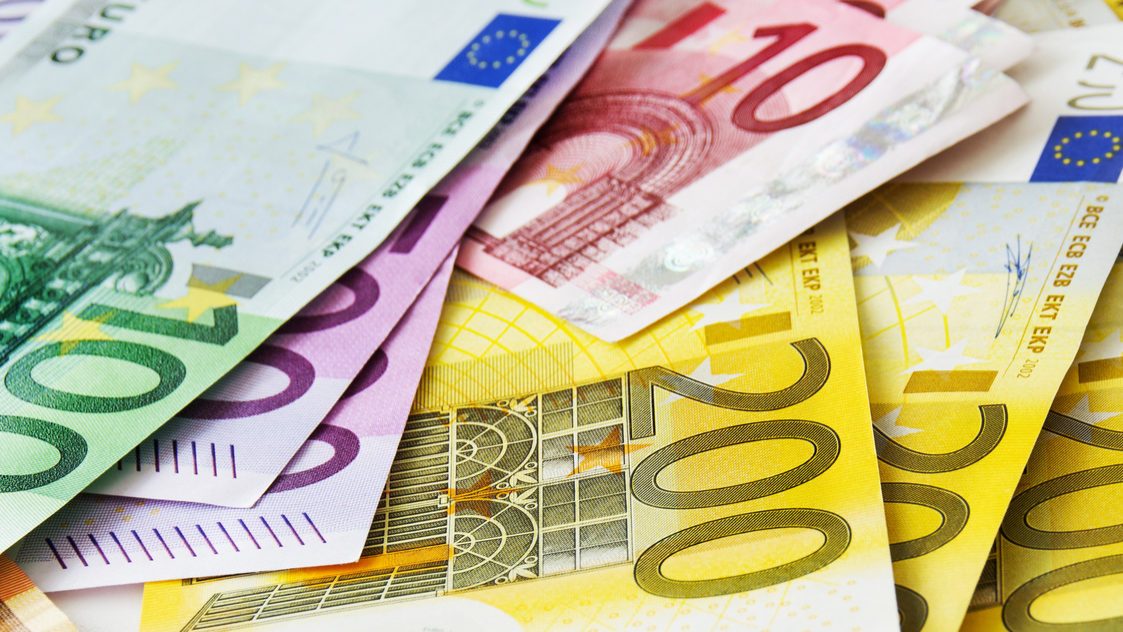Fall in GDP reveals “strong” impact of the pandemic. Centeno says Portugal did better than the Eurozone average
The Ministry of Finance acknowledges the "strong" impact that the pandemic is having on GDP, but argues that the Portuguese economy has done better than the Eurozone average.
The Portuguese economy contracted 2.4% year-on-year in the first quarter of this year, which already reflects the “strong impact” of the pandemic on economic activity in March. However, the Ministry of Finance argues Portugal did better than its European peers.
“This flash estimate by INE already reflects the strong impact that the Covid-19 pandemic had on economic activity in March, as the data released until February showed a good performance that took place at the end of 2019″, writes the office of Mário Centeno in a statement released this Friday, after the National Statistics Institute (INE) disclosed new data. “The severity of the economic downturn is well reflected in the impact that the last three weeks of March had on GDP developments in the first quarter,” he said.
However, the Ministry of Finance argues Portugal’s GDP contraction “is still lower than that recorded by Eurostat for the Eurozone (-3.2%)”. Moreover, “some of Portugal’s principal trading partners experienced fairly sharp contractions, such as Spain (-4.1%), France (-5.4%), or Italy (-4.8%), contributing to the negative performance of exports.”
In fact, Portugal’s GDP contraction, in year-on-year terms, was lower than the Euro Zone average, but it should be noted that the quarter-on-quarter fall (from the fourth quarter of 2019 to the first quarter of 2020) was higher than the average: -3.9% in Portugal against -3.8% in the Euro Zone.
Also, the Eurozone average is very much influenced by the large economies: Germany, which was below the average, and France, Spain and Italy, which were well above the average, are among the countries most affected in economic and epidemiological terms by the virus. This is the only way to explain that, despite being below the average, Portugal is the sixth country with the greatest fall in GDP in the first quarter among the European Union countries.
In the communiqué, Mário Centeno’s team also states that “GDP developments in the first quarter are fully in line with the estimates for sectoral activity presented in the Stability Programme”, which signals that the number estimated by INE is in line with the Ministry of Finance’s forecast for economic developments, which has not yet been disclosed.


